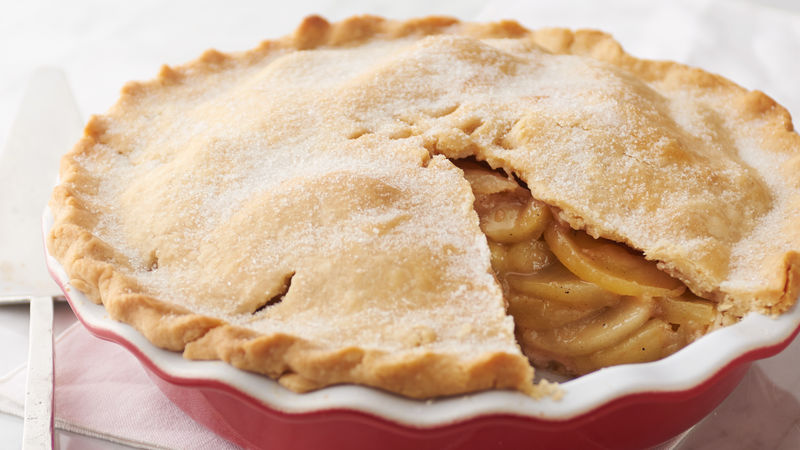
Welcome to Squills, the official news bulletin of the Young Writers Society!
What will you find here? Tons of interesting news about YWS, including but not limited to: articles about writing, art, and the world of humanities; interviews with YWS members; shameless plugs; link round-ups; and opinionated columns.
And where will all of this come from? Take a look at our fantastic creative staff!
CREATIVE STAFF
Spoiler! :
Of course, our content can’t come only from our staff. We also depend on you to help keep Squills successful. You’re all a part of a writing community, after all. If you’re interested in submitting to Squills, pop on over to the Reader’s Corner to find out how you can get involved by contributing an article or participating in other Squills activities.
You can apply to become a Squillian Journalist by submitting a sample article to SquillsBot today!
Well, that’s all I have for now. So, what are you waiting for? Enjoy!








Gender:
Points: 300
Reviews: 0